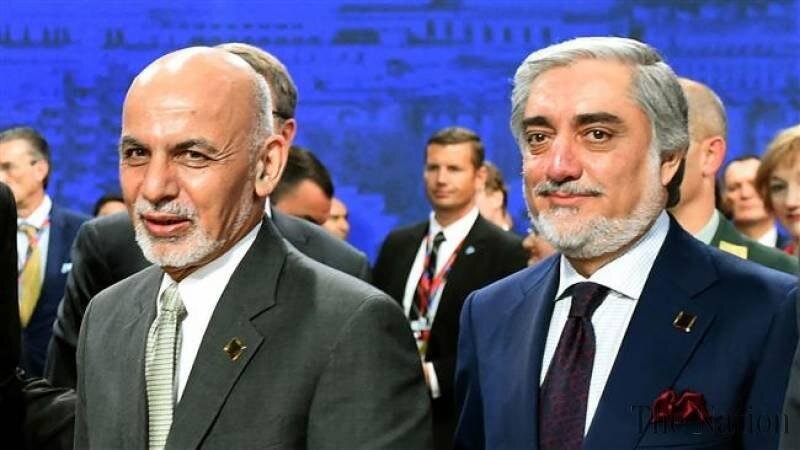Iran, Russia, China, and Pakistan hold talks on Afghanistan

TEHRAN — Diplomats from Iran, Russia, China, and Pakistan discussed the situation in Afghanistan in an online conference on Monday.
In the four-party video conference, the Iranian, Pakistani, Chinese, and Russian special representatives for Afghanistan talked about the current condition and the process of peace and reconciliation in Afghanistan.
The four-way talks took place one day after President Ashraf Ghani and Abdullah Abdullah signed a power-sharing agreement. Under the agreement, Abdullah will lead the council for peace talks and members of his team will be included in the cabinet.
They issued a joint communiqué reflecting the results of the negotiations.
Following is the full text of the communique published by Tasnim:
The special representatives of the four countries for Afghanistan affairs:
1. Affirm their respect for the sovereignty, independence and territorial unity of Afghanistan and for the decision of that country’s people on determining the course of the future developments;
2. Welcome the agreement between the leaders of the two main political factions and hope that the major upheaval would expedite the launch of intra-Afghan negotiations;
3. Support the process of peace and reconciliation under the ownership and guidance of Afghanistan, and believe that inclusive intra-Afghan negotiations will be the only way for national reconciliation and an immediate end to the prolonged disputes;
4. Call on all ethnic groups and parties in Afghanistan, including the Taliban, to seize the opportunities to act to set the stage for the immediate start of intra-Afghan negotiations;
5. Support Afghanistan in achieving comprehensive and sustainable peace in the near future (reservation taken by the Islamic Republic of Iran: with respect to the Constitution of the Islamic Republic of Afghanistan and the basic rights of women and the ethnic and religious groups);
6. Are closely monitoring the consequences of the developments that result in the withdrawal of foreign forces from Afghanistan, and also call on the foreign forces to withdraw in an orderly and responsible manner, in such a way that the situation in Afghanistan would experience a trouble-free transition;
7. Support the release of the prisoners and captives that are held by all warring sides;
8. Hope that the United Nations Security Council Resolution 2513 (2020) could be implemented and observed;
9. Support the United Nations Secretary-General's initiative for a global ceasefire, and call for the declaration of an inclusive ceasefire at the same time across Afghanistan on the basis of an agreement among the parties engaged in the conflict;
10. Express concern about the serious threat of terrorism prevailing in Afghanistan, encourage all parties in Afghanistan to adopt serious measures against al-Qaeda, ISIS, the East Turkestan movement, the Tehrik-i-Taliban Pakistan, and the other terrorist organizations that run operations against the regional countries, and to fully eradicate the production and trafficking of opiates in that country;
11. Reaffirm support for Afghanistan in tackling the impacts of the COVID-19 outbreak, and welcome the continuation of humanitarian aids from the international community for Afghanistan;
12. Emphasize that the process of peace and reconciliation is expected to pave the way for the return and resettlement of the Afghan refugees, and call on the international community to support a scheduled return along with respect and keeping the dignity of Afghan refugees;
13. Agree to maintain their contacts on the issue of Afghanistan and to cooperate in advancing peace, national reconciliation, and reconstruction of Afghanistan.
The communiqué was issued on May 18, 2020, in Tehran, Islamabad, Beijing, and Moscow in the Persian, English, Chinese and Russian languages, according to the Iranian Foreign Ministry’s website.
Leave a Comment